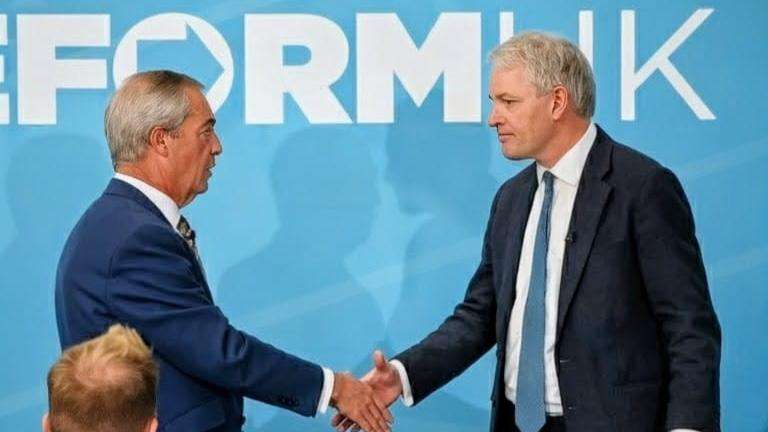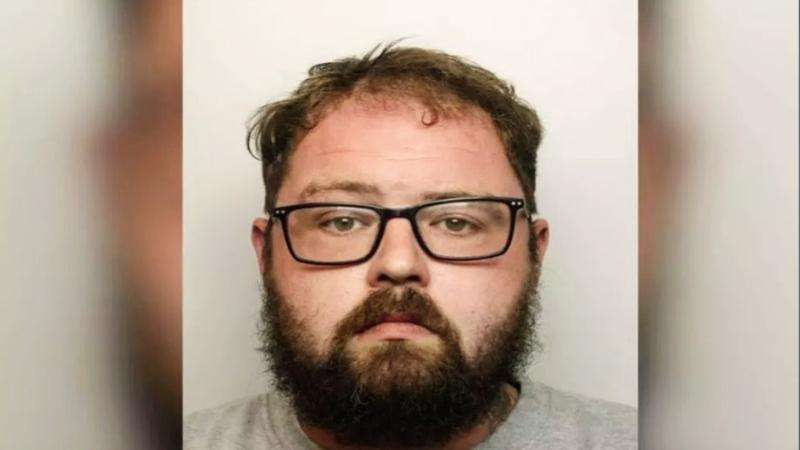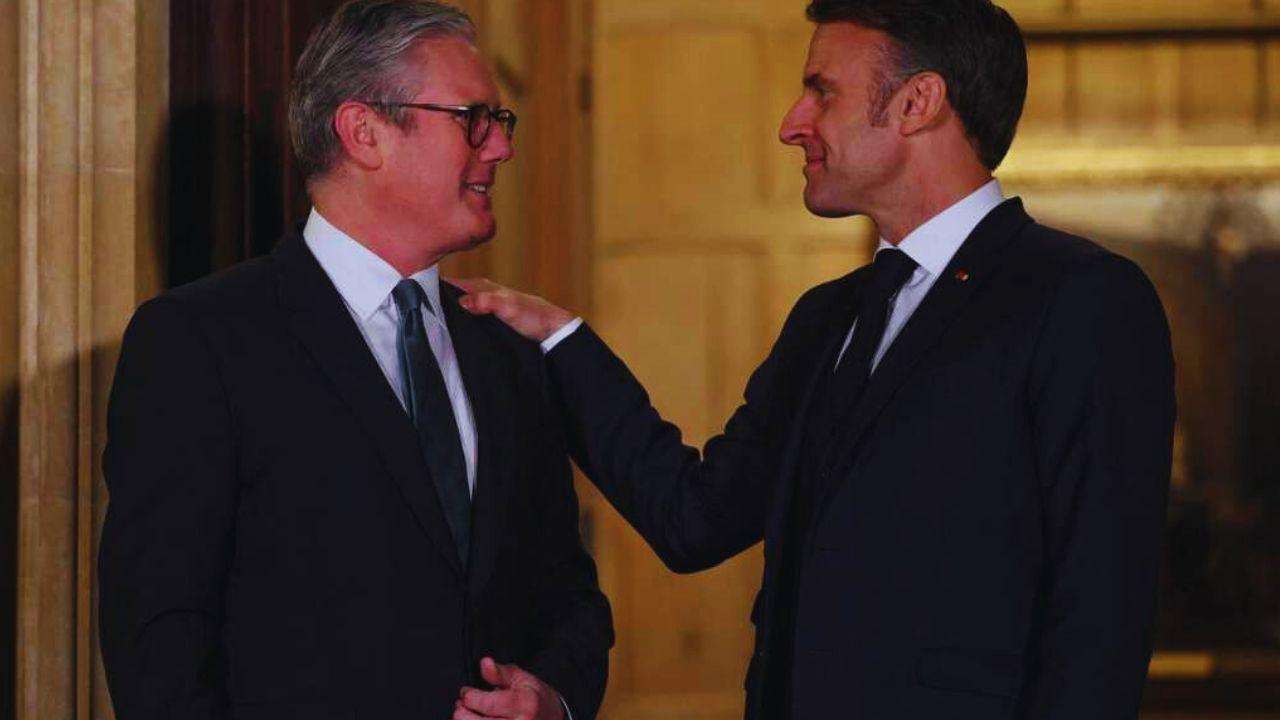Sir Keir Starmer is set to accuse Vladimir Putin of making deceptive commitments in ceasefire discussions as he co-hosts a summit in Paris with allied nations. The meeting takes place amid ongoing military planning for the potential enforcement of a peace agreement in Ukraine.
The Prime Minister will participate in discussions with leaders from the so-called “coalition of the willing” just hours after French President Emmanuel Macron suggested that a European peacekeeping force could intervene if attacked by Russia. During the summit, Sir Keir will present the findings from a series of defense meetings at London’s Northwood military headquarters, where officials have been developing strategies to bolster Kyiv’s defense and deter further aggression from Moscow.
More than 200 military planners from multiple nations convened to analyze the framework for a potential deployment, including proposed arrangements for air, land, and naval forces. Downing Street stated that Sir Keir will highlight the "excellent progress" made during these talks, emphasizing that Europe is uniting in the pursuit of peace and urging allies to maintain momentum.
Additionally, the Prime Minister will accuse Putin of engaging in deceptive tactics regarding a proposed naval ceasefire in the Black Sea. His remarks follow separate negotiations between US representatives and their counterparts in Kyiv and Moscow. Sir Keir will assert that, unlike Ukrainian President Volodymyr Zelensky, Putin has not engaged seriously in peace talks. He will criticize the Russian leader for undermining the agreed naval ceasefire despite all sides acting in good faith, while simultaneously continuing attacks on Ukrainian civilians. He will emphasize that while the US is leading efforts to facilitate a ceasefire, and President Zelensky has repeatedly demonstrated his commitment, Putin must now prove his willingness to negotiate genuinely.
The accusations come as both Russia and Ukraine blame each other for violating the terms of a tentative US-brokered agreement aimed at halting strikes on energy infrastructure, highlighting the difficulties in reaching a lasting peace.
On Tuesday, reports confirmed that Ukraine and Russia had agreed to temporarily pause hostilities in the Black Sea. Statements from the White House indicated that both nations had committed to ensuring safe navigation and refraining from the use of force in the region. However, Washington also signaled a possible relaxation of sanctions on Russian agricultural exports, potentially improving Moscow’s access to maritime insurance, ports, and international payment systems.
The discussions form part of a broader initiative by the administration of President Donald Trump to implement a limited, 30-day ceasefire, which Russia and Ukraine had agreed to in principle the previous week. However, the ceasefire has not taken effect, as both sides continue to exchange drone and missile strikes.
Russia’s defense ministry has claimed that Ukrainian drone strikes recently targeted power facilities in the Bryansk and Kursk regions, though Kyiv has dismissed these allegations as misinformation intended to justify further Russian attacks. Ukrainian officials maintain that Moscow is not adhering to the ceasefire agreement and has already conducted eight verified strikes on energy infrastructure.
Meanwhile, President Zelensky met with his French counterpart on Wednesday before a summit in Paris attended by 31 delegations to discuss peacekeeping plans for Ukraine. In televised remarks following their meeting, President Macron stated that in the event of a renewed large-scale Russian attack on Ukrainian territory, European forces deployed in the region would have the right to defend themselves.
European leaders have stressed that under any future peace agreement, Ukraine’s primary defense against Russian aggression will remain its own military forces.
_2.jpg)
_1.jpg)






.svg)



